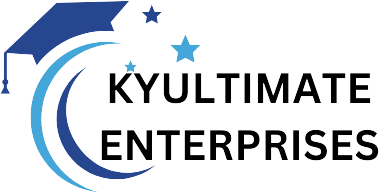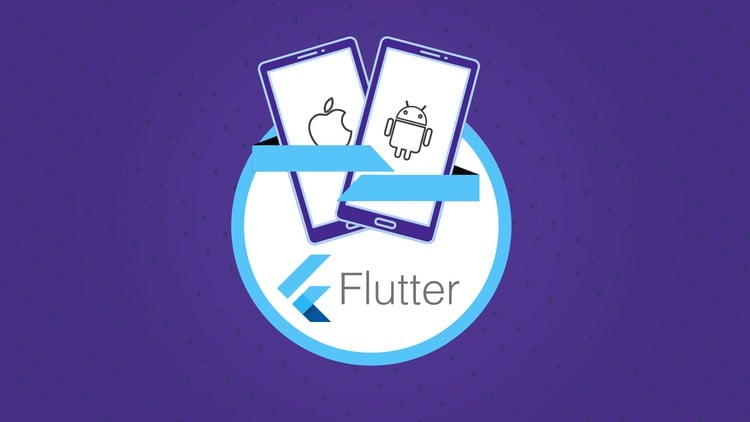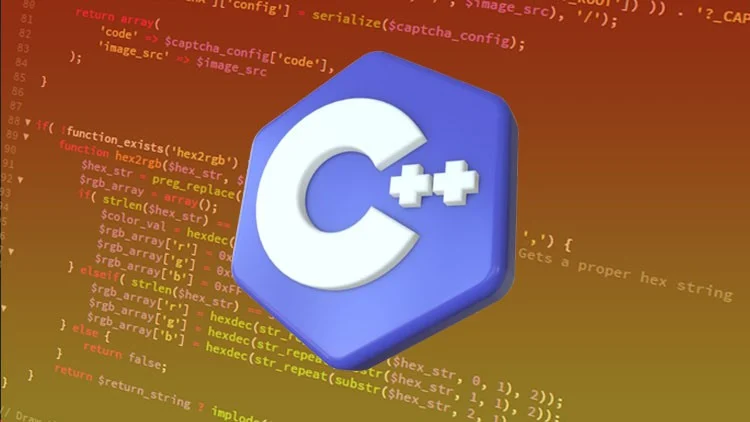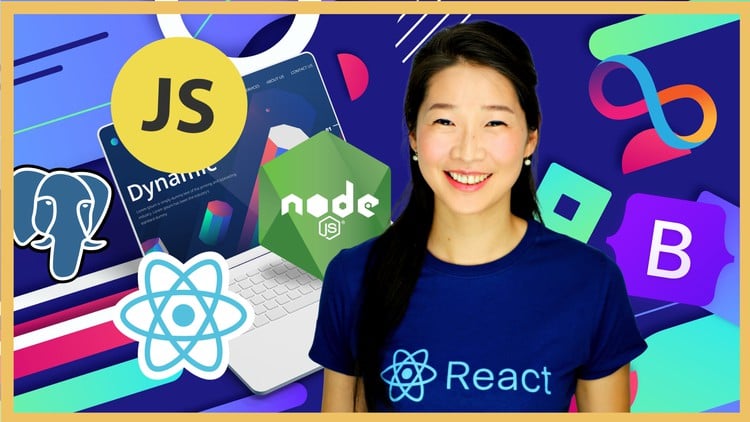Description
In this course, you’ll learn how to build mobile applications for both Android and iOS using Flutter, Google’s open-source framework. You’ll start with the basics of Flutter and Dart programming language and learn how to design intuitive user interfaces with widgets. The course covers essential topics like state management, data handling, integrating APIs, and deploying apps to app stores. By the end of the course, you’ll have the skills to create cross-platform mobile apps with a single codebase, making it ideal for developers looking to expand into mobile development. Whether you’re building your first app or enhancing your skills, this course offers practical, real-world projects to guide you.
What you'll learn
What You’ll Learn:
By the end of this course, you will be able to design, build, and deploy high-performance mobile apps using Flutter, Google’s popular open-source framework for developing cross-platform applications. You will learn the fundamentals of Flutter and Dart (Flutter’s programming language), build user interfaces, manage app state, integrate APIs, and deploy your app to both Android and iOS. Key learning outcomes include:
- Introduction to Flutter and Dart:
- Understand the basics of Flutter and how it differs from other mobile development frameworks.
- Learn the fundamentals of Dart programming language.
- Set up the Flutter environment and tools required for development.
- Building User Interfaces (UI) in Flutter:
- Learn how to use Flutter widgets to build beautiful and responsive UIs.
- Understand the widget tree structure in Flutter.
- Create layouts using rows, columns, containers, stacks, and lists.
- Learn to manage text, images, buttons, and other interactive UI components.
- Working with State in Flutter:
- Learn the concept of state in Flutter and how it impacts the UI.
- Understand the difference between Stateful and Stateless widgets.
- Explore state management techniques, including setState(), InheritedWidget, Provider, and Riverpod.
- Handling User Input and Navigation:
- Learn how to handle user input via forms, text fields, and gestures.
- Explore navigation and routing in Flutter (screen transitions, deep linking, and passing data between screens).
- Implement tab bars, bottom navigation bars, and drawer menus for a complete app experience.
- Networking and API Integration:
- Learn how to make HTTP requests in Flutter using the
http package.
- Understand how to parse JSON data from APIs and display it in your app.
- Learn how to work with asynchronous operations using
async and await in Dart.
- Handle network errors and responses properly.
- Data Storage and Persistence:
- Learn how to store data locally in Flutter apps using SQLite and Shared Preferences.
- Understand how to read and write data to local databases.
- Implement secure data storage practices for sensitive information.
- Working with External Packages:
- Learn how to integrate third-party packages and plugins to enhance your app’s functionality (e.g., camera, geolocation, notifications).
- Understand how to add and manage dependencies using Flutter’s package manager.
- Testing and Debugging in Flutter:
- Understand the importance of testing in app development.
- Learn how to write unit tests, widget tests, and integration tests for your Flutter apps.
- Explore debugging tools and techniques to troubleshoot your app.
- Publishing and Deployment:
- Learn how to prepare your Flutter app for release on both the Google Play Store and Apple App Store.
- Understand the app submission process, app signing, and dealing with platform-specific requirements.
- Learn how to update and maintain your app after launch.






Ifeyinwa –
“This ‘App Development with Flutter’ course has been transformative. The hands-on approach and clear instruction made it incredibly accessible. The instructor’s industry insights and practical exercises empowered me to build and deploy functional apps with confidence. I highly recommend this course to anyone looking to master Flutter and advance their app development skills.”
Tanko –
“App Development with Flutter was an exceptional online course that exceeded my expectations. The instructor’s clear explanations, hands-on exercises, and engaging examples made learning the complexities of Flutter app development a breeze. I found the course to be well-structured, with each module building upon the previous one. The assignments and projects provided ample opportunity to apply my newfound skills and deepen my understanding. Overall, this course has equipped me with the confidence to develop high-quality Flutter apps and further my career as an app developer.”
Ebere –
“App Development with Flutter exceeded my expectations. The course’s comprehensive content and engaging format made it an enjoyable learning experience. The hands-on projects and expert instructors provided me with the practical skills and knowledge I needed to create professional-quality mobile apps. I highly recommend this course to anyone interested in mastering Flutter development and becoming a proficient app developer.”